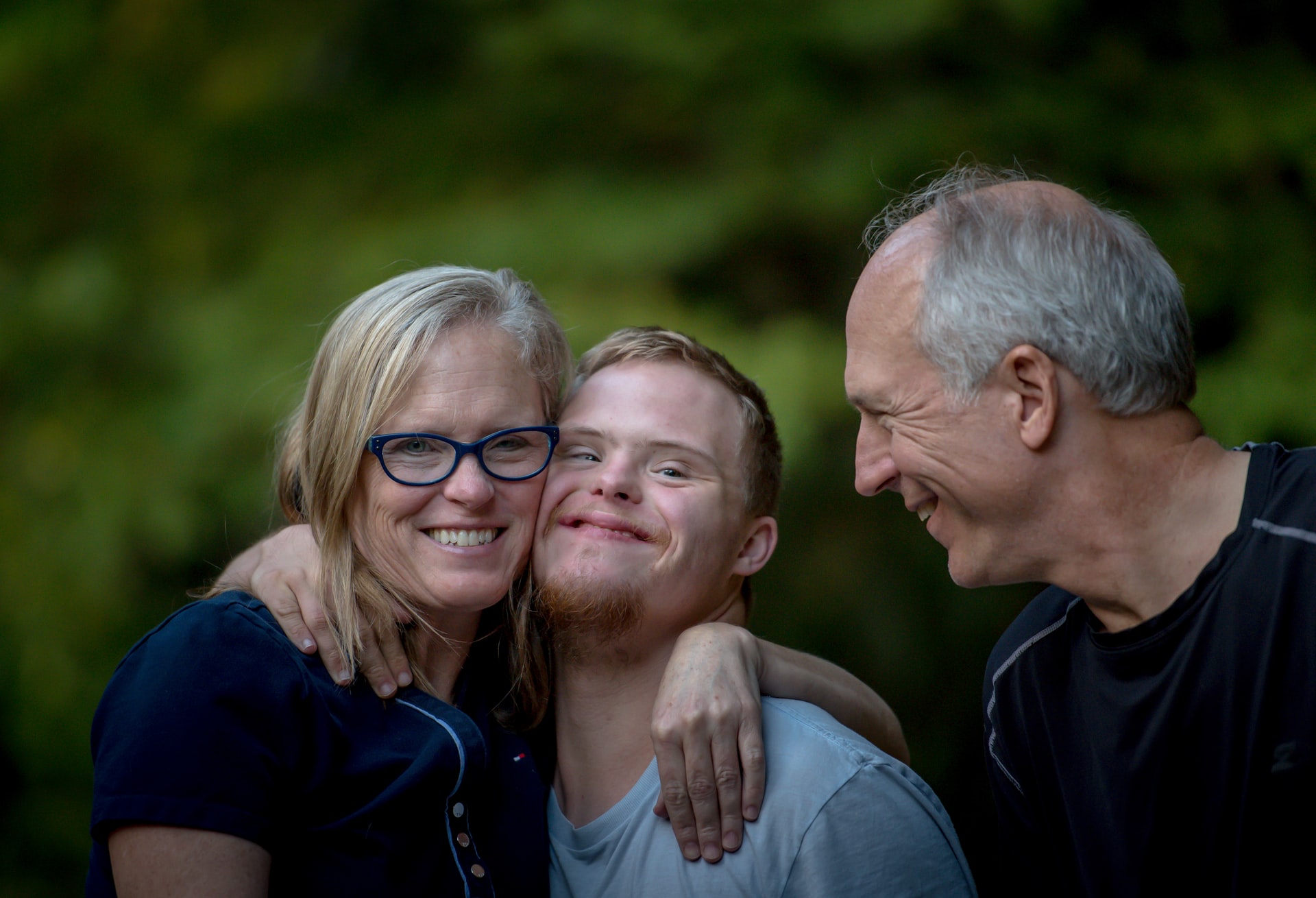What Is A Care Plan For The Family?
There is a great deal of uncertainty for military families. Military deployments, training, and temporary duty are all examples of permanent station changes. All military exercises carry the risk of displacing family members who served in the military. Away from the responsibilities of daily life and the comfort of one’s own home.
Making a comprehensive plan for a sudden change is an excellent idea for families. Military obligations cause long-distance relationships. Families that plan to avoid financial and child care issues that may arise due to a divorce should use this strategy. Other critical areas will fare much better under the strain of military service. Requirements for a Family Care Plan by Military Branch
When it comes to having a family care plan in place, each military branch has its own set of requirements that must be met. There is an acknowledgment form for the Air Force and the Navy, respectively. Family care requirements were discussed with the service member, and a summary of the plans was provided. Names, phone numbers, and signatures are required on Navy and Air Force forms for designated caregivers.
Family Support
When the family support is activated, there will be family members’ representatives on hand. The criteria for the Marines and the Army are more complex. As a result of the directive, Marines are required to undergo training on family care plans as part of their “readiness curriculum.” DA Form, Family Care Plan, is a required Army form that all troops must complete in the unit.

Justification of what has been done to ensure his family support is taken care of while he is gone. The DA Form, Power of Attorney, is also required for those in the military. Which is recommended to be completed in advance but notarized and delivered to the Guardian only after deployment. Before using your family plan, familiarise yourself with your branch’s deadlines and documentation requirements for family plans.
Army-style Family Assistance Programs. When it comes to creating a family care plan, some soldiers have no choice. When it comes to punishing soldiers who don’t create and submit, the Army goes to extremes. Before TDY, deployments, field training, and other occurrences devise a family care strategy. The soldier is stationed far from home.
Family support and Care Plans Must Be Submitted Before Any Of The Following Can Be Completed By Members Of The Military:
- Duty temporarily
- Field Service
- Exercises for Training
- A complete and permanent shift in responsibility
- Tours that you are on your own
- Deployments
- Mobilization
- Assembly Instruction for Groups
- Annual Education and Development (Reserve Component)
- Other Military Duties/Emergency Situations
- Unpaid Time Off/Leave

We don’t provide this information because of the military services.
The requirements for Coast Guard personnel are the same as for regular Army personnel. It’s a guide for people who don’t need a family care plan but want to know when to get one. I am not filing a family care plan in advance in the case of the Army. A negative consequence could be that you’re deemed ineligible for deployment, TDY, or PCS eligibility altogether. Soldiers who do not have a family care plan in place will have their military service terminated without warning.
Is A Family support Care Plan Necessary?
By way of illustration, troops who are expected to provide family care plans include, but are not restricted to:
Soldiers “without a spouse or not dwelling with spouse” who become pregnant while serving. Women in the military who are pregnant and married to an active duty or Reserves service member. Anyone in the military has legal custody of someone under the age of 19 on their shoulders. Soldiers who are married and have children under the age of 19 have joint or full custody of the children. Soldiers who have a spouse who is mentally or physically incapable of caring for themselves.
A person who is mentally or emotionally impaired and so needs additional support or care. Members of a military couple share custody of children and are on active duty or in the reserve forces. Individuals who cannot care for themselves, regardless of their age, whether they are 19 years old or not, are considered disabled. This list cannot meet all service members’ needs.
There should never be a time when someone is left without family care in any of the scenarios listed above. Make a strategy no matter what your military experience is like or what branch you’re in. When it comes to a family care plan, not everyone’s needs and circumstances are the same. However, there should be a few things in common among all family care plans.

What To Include In Your Family’s Health Care Plan:
We anticipate that you will be late for your appointment. If the service member cannot be reached for a lengthy period, instructions on who to contact will be provided. By use of a particular Power of Attorney, you can name a guardian for your family members.
Make sure that all military identification cards are up to date and will not expire during your absence. Contact information for the military base, such as the First Sergeant or Sergeant Major of the unit’s orderly room, and Family Support numbers are provided. Other spouses and families who have been touched by the deployment, TDY, or PCS should be able to contact you. Consider getting life insurance, such as the SGLI program offered by the military. Preparation is the key to success. Make preparations for the management of your finances.
Ascertain that the person(s) designated to look after you will have access to money to cover any charges. Make plans for child care and health care for yourself and your family. Make a will under the law and a provision in your will for the appointment of a guardian.
Describe in your will any needs you have that are similar to those of a living choice. Create automatic withdrawals and payments for your debts. If you’re going to ask non-military people to help with family care, you should go above and above. Provide information on how to utilize on-base resources so that carers, guardians, and those acting under powers of attorney can do so with confidence
What Are They Expected To Do After They Arrive At The Base?
Non-military individuals may be authorized to shop for their dependents if they get written authorization from the person. Get a letter authorizing your spouse to shop in military commissaries or base exchanges. This card was issued by the base office in charge of issuing identification cards.

Leave a Reply